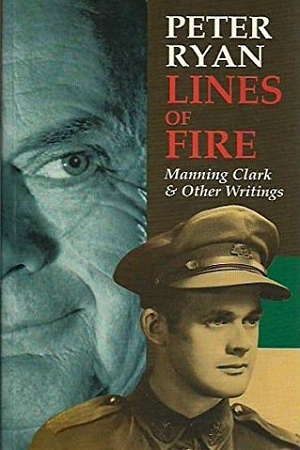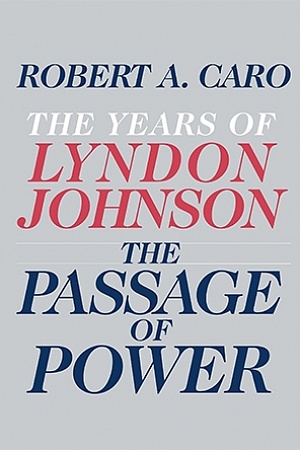Empire of Things: How we became a world of consumers, from the fifteenth century to the twenty-first
Allen Lane, $69.99 hb, 862 pp, 9780713999624
Empire of Things: How we became a world of consumers, from the fifteenth century to the twenty-first by Frank Trentmann
If there is a single event that marks the maturity of a new field of study, it may well be the appearance of a sprawling monograph from a trade publisher. Empire of Things: How we became a world of consumers, from the fifteenth century to the twenty-first by Frank Trentmann, Professor of History at Birkbeck University College of London, announces the arrival of consumption history in lavish style. Consumption, defined as ‘the acquisition, flow and use of things’, is a defining feature of twenty-first century life. That much we can all agree on. Beyond this, certain obdurate myths obtain, against which the history of consumption sets itself.
The most familiar of these is a definition of consumption as ‘private choice, rampant individualism and market exchange’, emerging after World War II in the West (particularly in the United States) and spreading out from there. On closer inspection, however, the roots of modern consumption reach back to at least the fifteenth century. This history has often been told from the perspective of production, but to approach this lengthy historical span from the perspective of consumption is to experience a paradigm shift. Technological change and the forces of production are not the only drivers of economic and social development; consumption, along with the forces that alternately encourage and constrain it, is just as important.
Continue reading for only $10 per month. Subscribe and gain full access to Australian Book Review. Already a subscriber? Sign in. If you need assistance, feel free to contact us.













Leave a comment
If you are an ABR subscriber, you will need to sign in to post a comment.
If you have forgotten your sign in details, or if you receive an error message when trying to submit your comment, please email your comment (and the name of the article to which it relates) to ABR Comments. We will review your comment and, subject to approval, we will post it under your name.
Please note that all comments must be approved by ABR and comply with our Terms & Conditions.